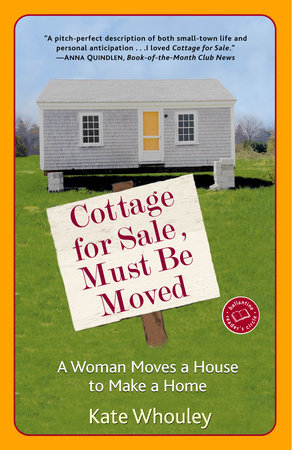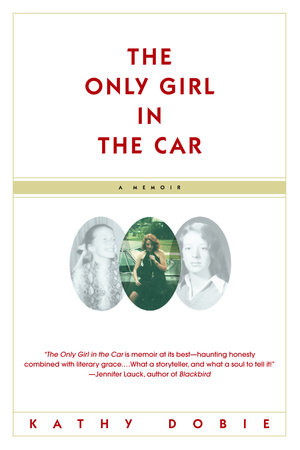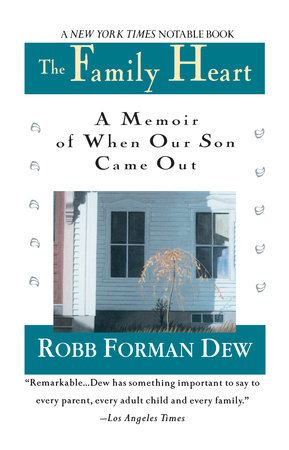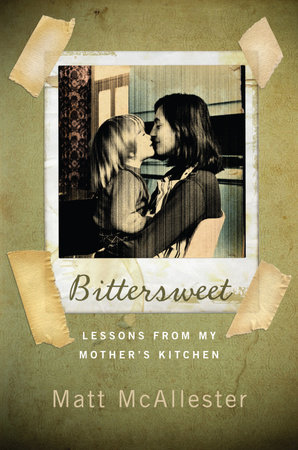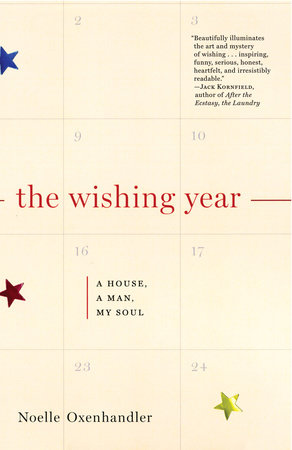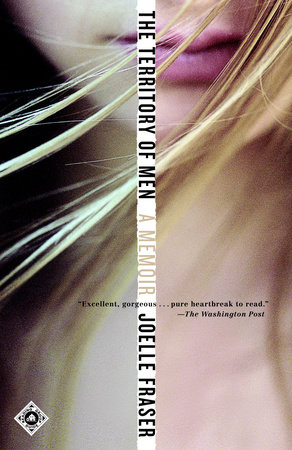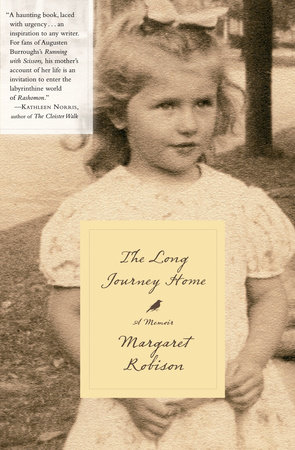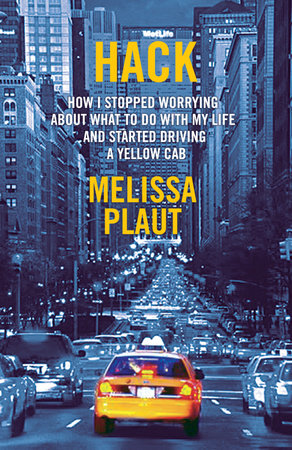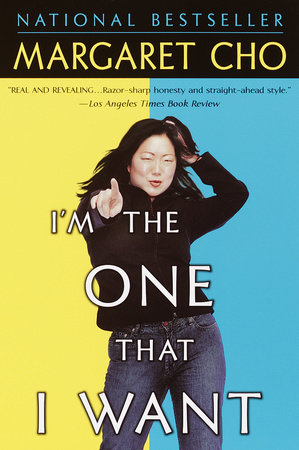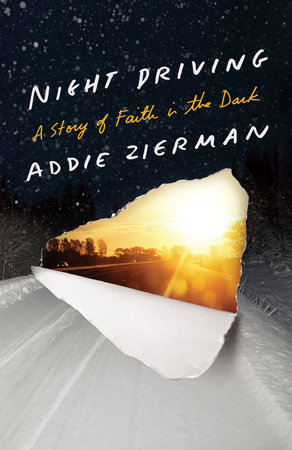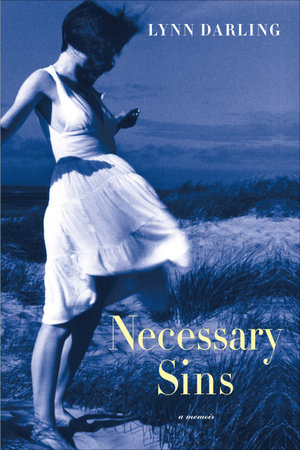Author Q&A
A CONVERSATION WITH KATE WHOULEY
Shannon Goheen is a freelance writer, landscape designer, and longform radio news commentator based in Cape Cod.
Shannon Goheen: How did you choose the title Cottage for Sale, Must Be Moved?
Kate Whouley: The title came to me as soon as I decided to write the book. Aside from echoing the original classified ad, I hoped some readers might make the connection to an old song, “Cottage for Sale.” It’s a mournful ballad, and my favorite version is sung by Billy Eckstein. Even though it’s a song about endings and loss, it is also a song about how we invest our dreams in a place, and how a home becomes infused with who we are—and vice versa. Through the years, I’ve always wondered about the other side of the song:We know about the sad, broken couple who have to put their love nest up for sale, but who are the people who will buy it? How will they claim the cottage as their own? Implicit in the twopart title is the end-story. The cottage isn’t just for sale—it must be moved.
SG: Cottage for Sale starts with a list of people identified as the “Cast and Crew,” likening the cottage-moving project to a play or movie.What were you thinking when you structured the story this way?
KW: As I say at the start of that section, “It takes a village to move a cottage.” I wanted to acknowledge the many people who supported and shared the cottage adventure, and I also felt that a list might come in handy for readers. There aren’t any long Russian surnames to remember, but there are a lot of people in this book.
SG: Some of the people who supported your efforts were loving friends who appeared when you needed them. How difficult would this project have been without friends?
KW: When I talk about my friends in Cottage for Sale, I call them “an embarrassment of riches.” Friends helped in all sorts of ways—some assisted me with actual tasks; others provided emotional support: They listened and they cheered me on—often from afar. How difficult would this project have been without friends? I would have spent a lot more time in unrelieved angst and a lot less time sending e-mail around the world. I think the better question is: how difficult would any of our lives be without our friends? Pretty tough.
SG: An underlying tension throughout the book is the fact that you long for a life partner. Yet, your independence, determination, and unwillingness to compromise get the job done to your satisfaction. If you had had a partner during the cottage moving, do you think you would have had a story to tell?
KW: I never thought about this book as a way to tell “my story.” And it wasn’t even the elements of high adventure—a cottage on wheels, a house in the air—that persuaded me to write a book. The remarkable crew on this project caught my attention. As I got to know the men better, I realized I wanted to honor them and their work in a tangible way. In writing the book, I felt I also needed to honor my own truth in that moment, and I was keenly aware—during that particular year of my life—of the fact of my singleness.
SG: The “geography of gender” as you call it, is an underlying theme in the book. How do you think your gender influenced the project? Had you been ‘one of the boys,’ do you think the workmen would have treated you differently?
KW: I think my femaleness in the midst of so much maleness added a dimension that might have been lacking were I one of the boys.My guess is that I would have been more readily accepted, but that I might not have been as interested in understanding both the technical aspects of the job and the men who performed the tasks. I suspect the crew might not have indulged another man in quite the same way they were willing to indulge me. I’m not sure I would have had as much fun. But perhaps that all depends on what sort of man I might be.
SG: Did your gender affect your approach to telling the story?
KW: This circles back to your earlier question.Would it have been a different story if I were a man, or if I were married—or if I were a married man? Undoubtedly. But I am not sure that difference would have come from either my marital status or my gender. Give three different writers the same story to write and you will end up with three different books. It’s something I love about the creative process. It is unpredictable, deeply personal.We gaze through the lens of our own experience, making choices that are unique, and uniquely ours.
SG: Your fascination with color adds immeasurably to the rich imagery of Cottage for Sale. How and when did your
passion for color originate?
KW: I’m thinking: Crayola. I remember the thrill when I finally got the box with all sixty-four colors and the little built-in crayon sharpener. There was a part of me that didn’t even want to use the crayons. I just wanted to look at them, and touch their waxy points, all lined up in rows of color. I also loved the names: carnation pink, burnt sienna, cornflower, thistle, magenta.Wonderful words to say out loud. And I loved that there was red-orange, but also orange-red, and that they were just slightly different colors.
SG: The role of imagination—your own and its unique expression in others—is central to the project, and to the story. Did Cottage for Sale bring this contemplation to the forefront or have you been considering this for a while?
KW: I have always been a proponent of a broadened definition of creativity. I truly believe, as I say in the book, that it takes a large amount of creativity just to get through an average day on Earth. I also believe that our imaginations are at work 24-7, and with wildly different results. I could imagine the hallway finished—actually see it in my mind. John and Ed, listening to me, and using a combination of talents that include a different sort of imagining, could make what was imagined real.
SG: Author Anna Quindlen described Cottage for Sale as “. . . a pitch-perfect description of both small-town life and personal anticipation.” The words “pitch-perfect” also describe your ability to combine words that sound pleasing, giving your prose musical quality that begs to be read aloud. Do you naturally write like this, or is this perfect pitch quality something you create after the story gets told?
KW: I don’t try to achieve anything close to perfection in a first draft. If I did, I wouldn’t get past the opening sentence. Rather, I work very hard on every draft that follows the first. In Cottage, many chapters were subject to six or seven sets of revisions—and that’s before I undertook the job of editing the book as a whole.When I edit my work, I read aloud, and notice where I stumble, where a word sounds wrong, or a sentence seems clunky. I believe that if the words are right to the ear, they are likely the right words.
SG: The Booklist review of Cottage for Sale mentions that it contains “a series of misadventures that might have come from a comic novel.” Other reviewers have also mentioned the novelistic quality of the narrative.Was this intentional on your part?
KW: When I embarked on the cottage adventure, I was also at work on a novel—and had been, for many years of Sundays and holidays. I felt very much at home in a fictional world. As I began working on Cottage for Sale, I approached it with a fiction writer’s sensibility. Though I was telling a true story and dealing with a real world, I was reliving the adventure, re-creating the story, remembering that world. I wanted readers to come along with me on the journey, to be with me and the book in the same way that you inhabit a really good novel.
SG: Did you work on both books simultaneously?
KW: No, mostly I worked on Cottage for Sale. I believe that stories have their times and that they choose us, not the reverse. In this, I am influenced by a Vedic folktale that says if you don’t give a story voice when it wants to speak, it will burst out of your belly in the middle of the night, attacking you. I knew I needed to write this one right away, while the details were fresh in my mind—and before it took up residence in my belly. Even knowing that the time and the story were right, I had trouble setting the novel aside. I felt like I was abandoning a child. Eventually, I realized I was only sending her off to boarding school. I had to trust the novel would return to me—perhaps a little older and wiser, ready to finish our work together.
SG: Are you working on the novel now? Are you willing to say anything about it?
KW: Yes, I hope to finish it soon. The story is set largely in Paris, and is peopled with historical and living personages from the world of classical music. The principal character, Hannah Schaeffer, is the music director of a major American orchestra. She has recently suffered a romantic disappointment and has returned to Paris, where she was trained as a musician. In conversations with her long-dead teacher, Nadia Boulanger, she’s trying to sort out all the big issues: men, women, love, art, life, loss. Not exactly Cottage II, but once again, I hope to create a special place where readers want to stay awhile.
SG:What differences do you find between writing fiction and memoir?
KW: I love inhabiting different worlds—by this I don’t mean the world of fiction and the world of nonfiction, but the world composed of the present reality and the alternative worlds of memory and imagination. In many ways, I don’t think these various worlds are so far apart. All memory is fiction, and in fiction, we discover our essential truths.
